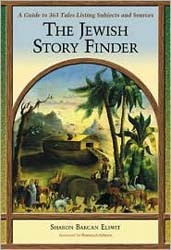In Telling the Little Secrets Janet Burstein maps the past 25 years of American Jewish literature in rich and suggestive ways. Burstein shows how a range of contemporary writers have, in effect, joined in what therapeutic process of art (mainly memoir and fiction). By inventing stories or recovering family memories these authors seek a mode of working out, and thus struggle for a way of working through the trauma of Jewish memory connected above all with the shadow of the Holocaust. The result is a superb critical-analytic synthesis showing how contemporary Jewish writers continue to achieve a “labor of reconnection” with their Jewish identities. Viewed together, their work embodies a collective effort, a ritual of re-membering, leading to the possibility of generational healing.
As a critic of this growing body of literature, Burstein is strongest in identifying those shared themes and plot structures that, remarkably, occupy (haunt?) this body of work (which includes writers like Thane Rosenbaum, Melvin Jules Bukiet, and Pearl Abraham, among others). In the process, a rising generation of important writers, drawing on, yet moving beyond Philip Roth and Cynthia Ozick, the strongest precursor figures in the canon of Jewish American literature, emerges. Burstein’s most engaged, often profound readings are of recent books by Jonathan Rosen, Aryeh Lev Stollman, and Rebecca Goldstein — especially in terms of their engagement with the traditions of midrashic interpretation. Along with a host of other impressive writers, they reveal the emerging contours of an imaginative landscape that all students of Jewish American literature will need to discover for themselves. In this respect, Telling the Little Secrets may well be the best guide we have to this vibrant new chapter in Jewish American letters.
Donald Weber writes about Jewish American literature and popular culture. He divides his time between Brooklyn and Mohegan Lake, NY.





